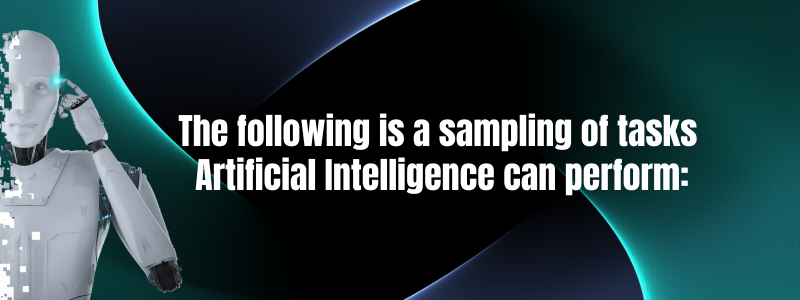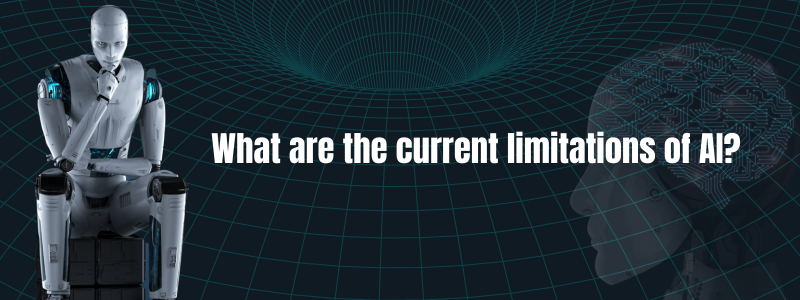What Kinds of Tasks Can AI Perform?
Text generation: large language models can generate written content, such as articles, abstracts, and summaries (freeing up researchers or students to focus on other aspects of their research or academic tasks).
Text classification: AI can classify text into various categories, such as sentiment analysis, topic classification, and intent detection.
Text Summarization: AI can generate a summary of a given text, reducing the text to its most important points.
Proofreading and Editing: AI can provide feedback on pre-existing text and provide suggestions for improving writing.
Translation: AI can translate text from one language to another, helping to make information accessible to a wider audience.
Questioning: AI can create questions for quizzes, tests, or interviews.
Brainstorming: AI can assist in generating ideas for projects, creative endeavors, or problem-solving.
Coding: AI can write computer code and provide programming-related advice.
Tutoring: AI can explain concepts from various subjects, answer questions, provide examples, and help users understand new information.
Lesson planning: AI can write objectives, suggest assessments, create outlines of lesson plans, provide ideas for active learning strategies, or make suggestions to enhance lessons.
Mathematical computation: AI can do college-level math (and show the work).
Event Planning: It can assist in planning events, suggesting ideas, creating to-do lists, suggesting menus, and more.
Conversation History: AI appears to engage in dialogue with users. Chat histories can be saved.
Learning: AI learns with every user’s prompt and interaction.
It is not hyperbole to say that this tool has the potential to transform how we teach and learn. Some academics argue that with OpenAI, the College Essay Is Dead. Others offer ideas for How ChatGPT Could Transform Higher Education. Many suggest the best way to address AI is to Put Learning at the Center, Change the Way You Teach, or incorporate AI into your classes and Use ChatGPT to its Full Potential.
Some think we should focus on banning, detecting, and punishing, but these strategies may be short-lived and perhaps short-sighted. Campus network bans will not work for cell phones or home computers. Detection will be difficult to prove beyond a shadow of a doubt because the same prompt yields a different response each time, and AI is constantly learning. Other AI companies will have varying levels of commitment to being detectable (i.e., digital watermarking). Companies whose primary goal is to make money may focus on preventing detection, so they are valuable to those seeking to avoid detection. As of today, copyright laws only pertain to human ownership over intellectual property.





